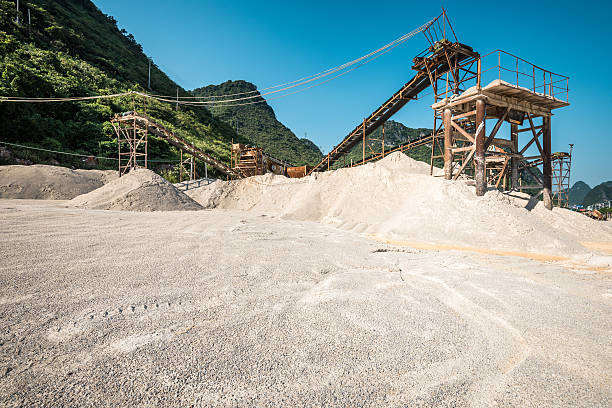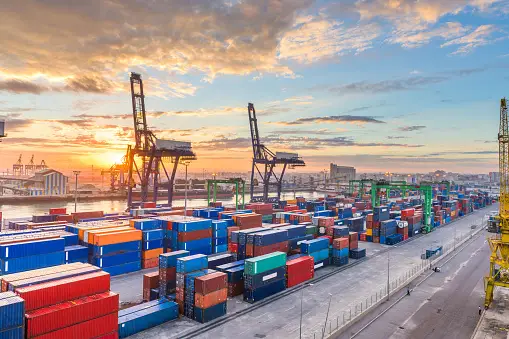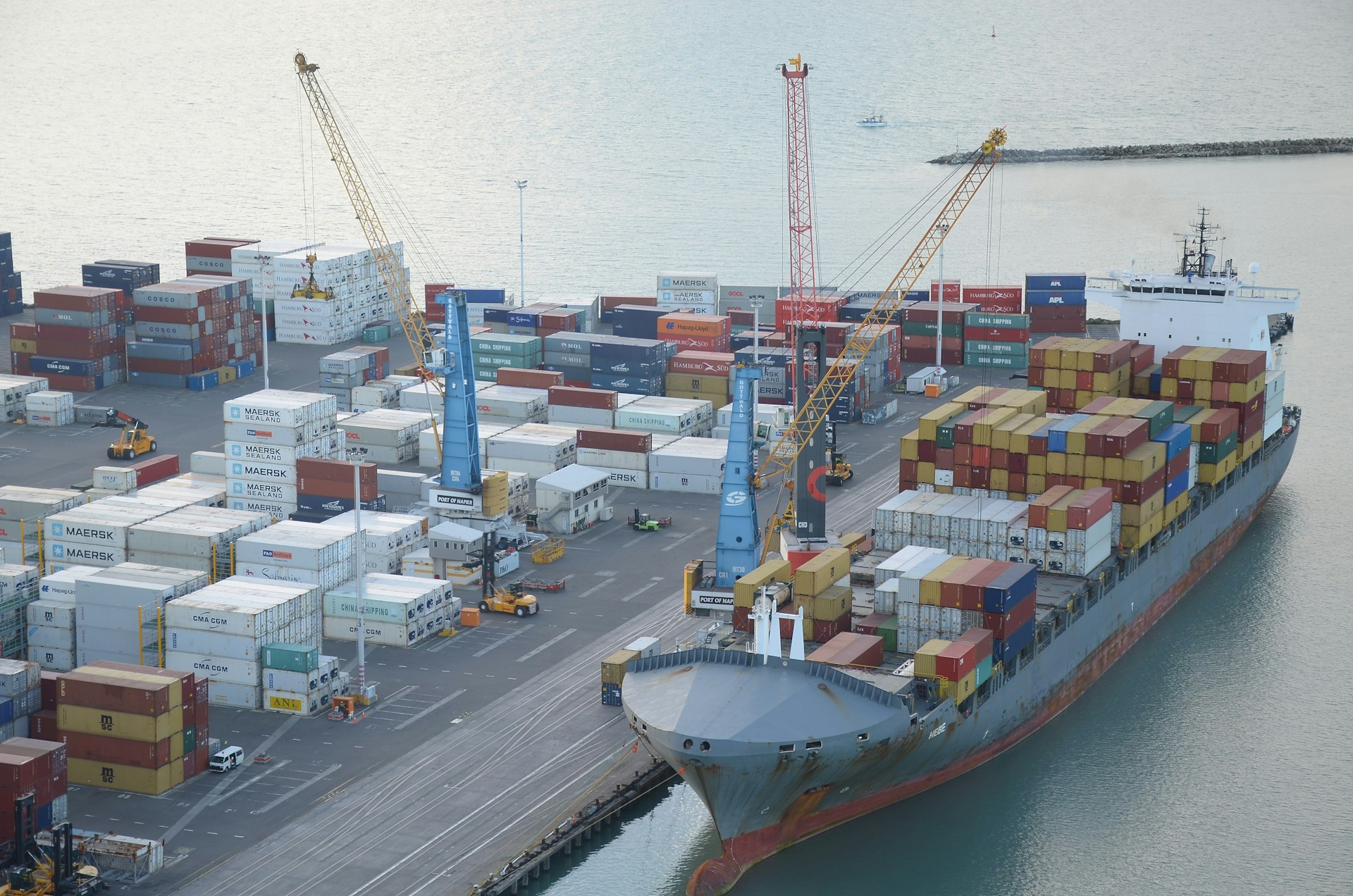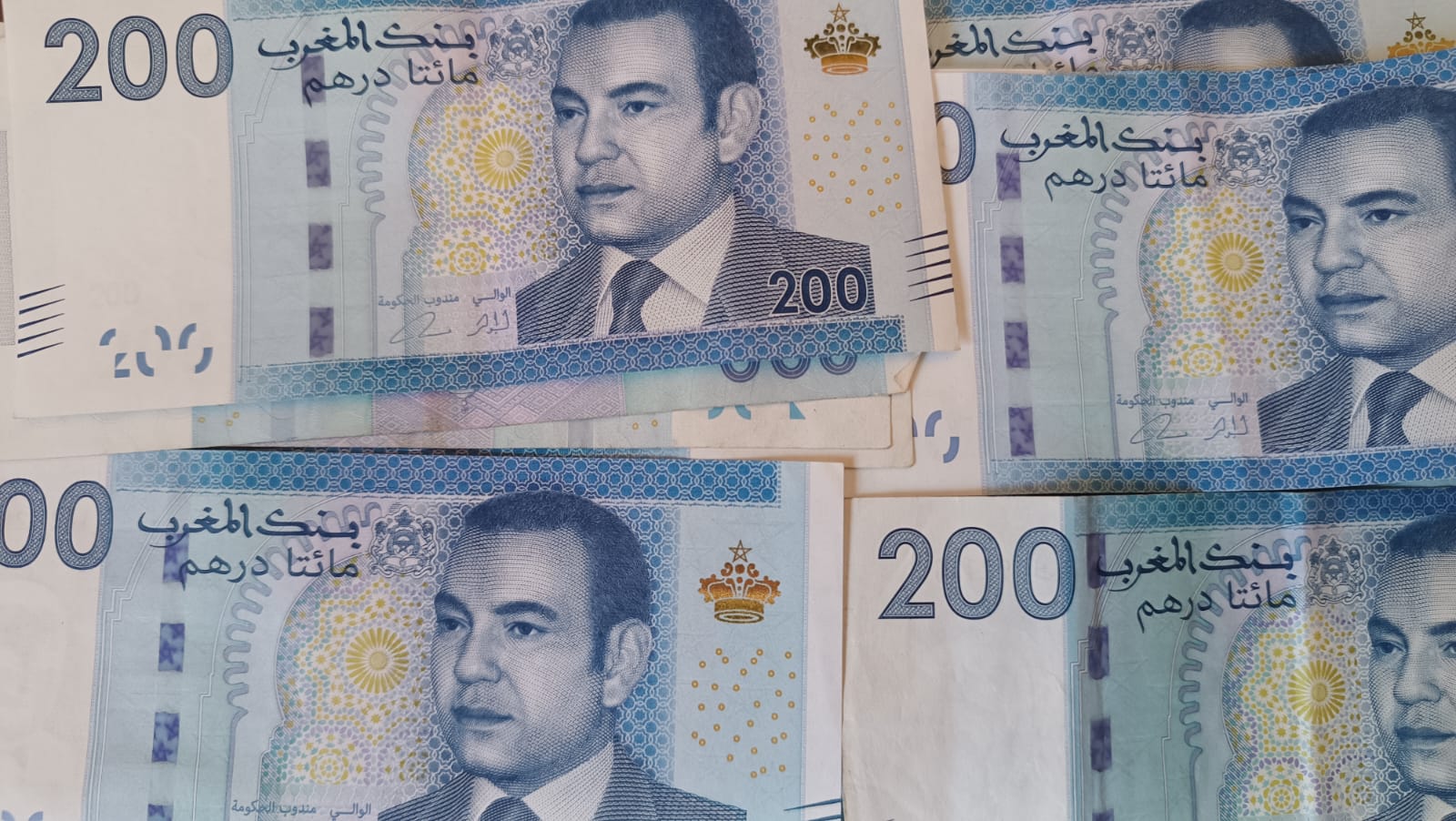Casablanca- The recent decision by the U.S. Commerce Department to significantly reduce tariffs on fertilizers imported from Morocco marks a notable development in the country’s trade policies and its impact on the agricultural sector. The move, which saw tariffs slashed from 19.97% to a mere 2.12%, comes amidst a backdrop of heightened geopolitical tensions, particularly the ongoing conflict between Russia and Ukraine.
This decision, while welcomed by some, has raised concerns among American farmers who rely on phosphate imports for their agricultural operations. Despite the reduction in tariffs, farmers argue that the impact may be mitigated by Morocco’s decreased exports of phosphates to the United States in recent times. This reduction in exports has led many to question the efficacy of the tariff reduction in addressing the needs of domestic farmers.
The National Corn Growers Association, a leading voice in the agricultural community, has voiced its support for the tariff reduction but has also emphasized the need for a more sustainable and long-term solution to address the challenges faced by farmers. Harold Wall, president of the association, highlighted the adverse effects of tariffs on Moroccan phosphates, citing reduced incomes for farmers and increased costs for consumers.
In response to mounting pressure from various stakeholders, the U.S. Department of Commerce has pledged to reassess the situation and reconsider its decision by December 15th. This reassessment will take into account feedback from farmers, trade groups, and members of Congress, indicating a willingness to address the concerns raised by the agricultural community.
The issue of customs duties on Moroccan phosphates remains a pressing concern for American farmers, who are advocating for a permanent reduction in tariffs to improve their financial stability and ensure a stable supply of phosphate in the market. As discussions continue and stakeholders engage in dialogue, there is optimism for a favorable resolution that addresses the needs of both farmers and consumers while navigating the complexities of international trade dynamics and geopolitical tensions.
















